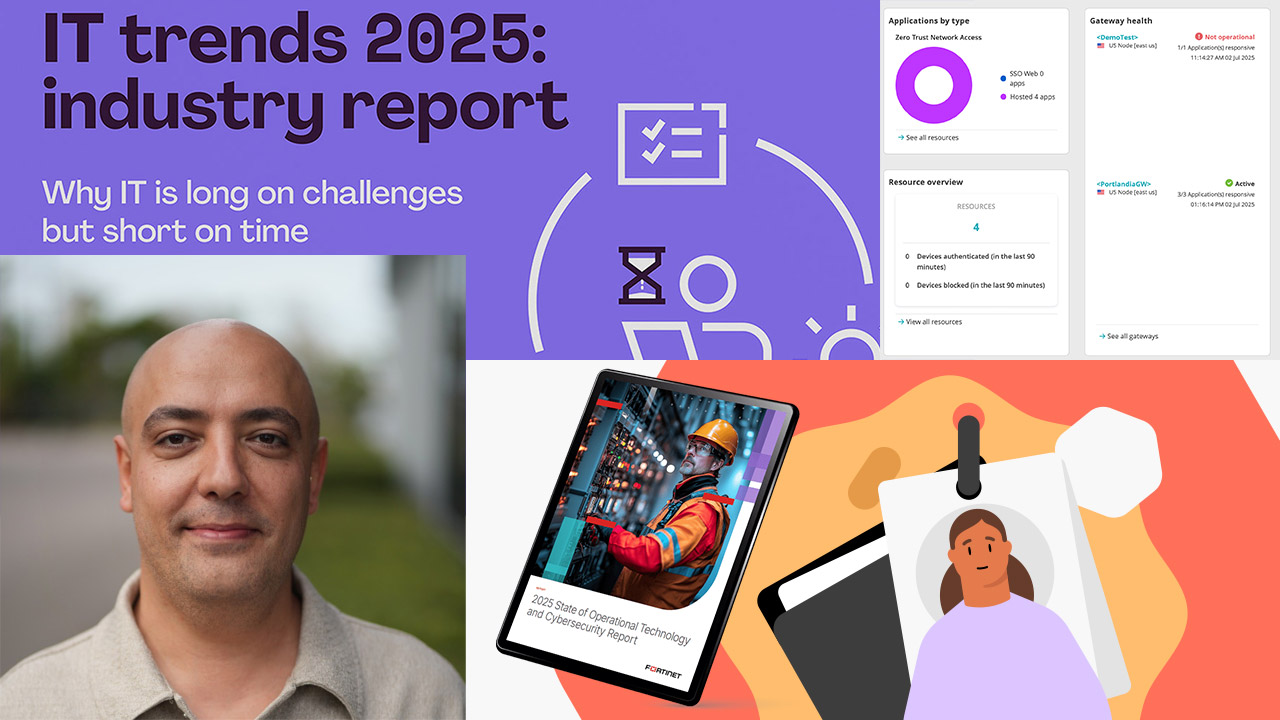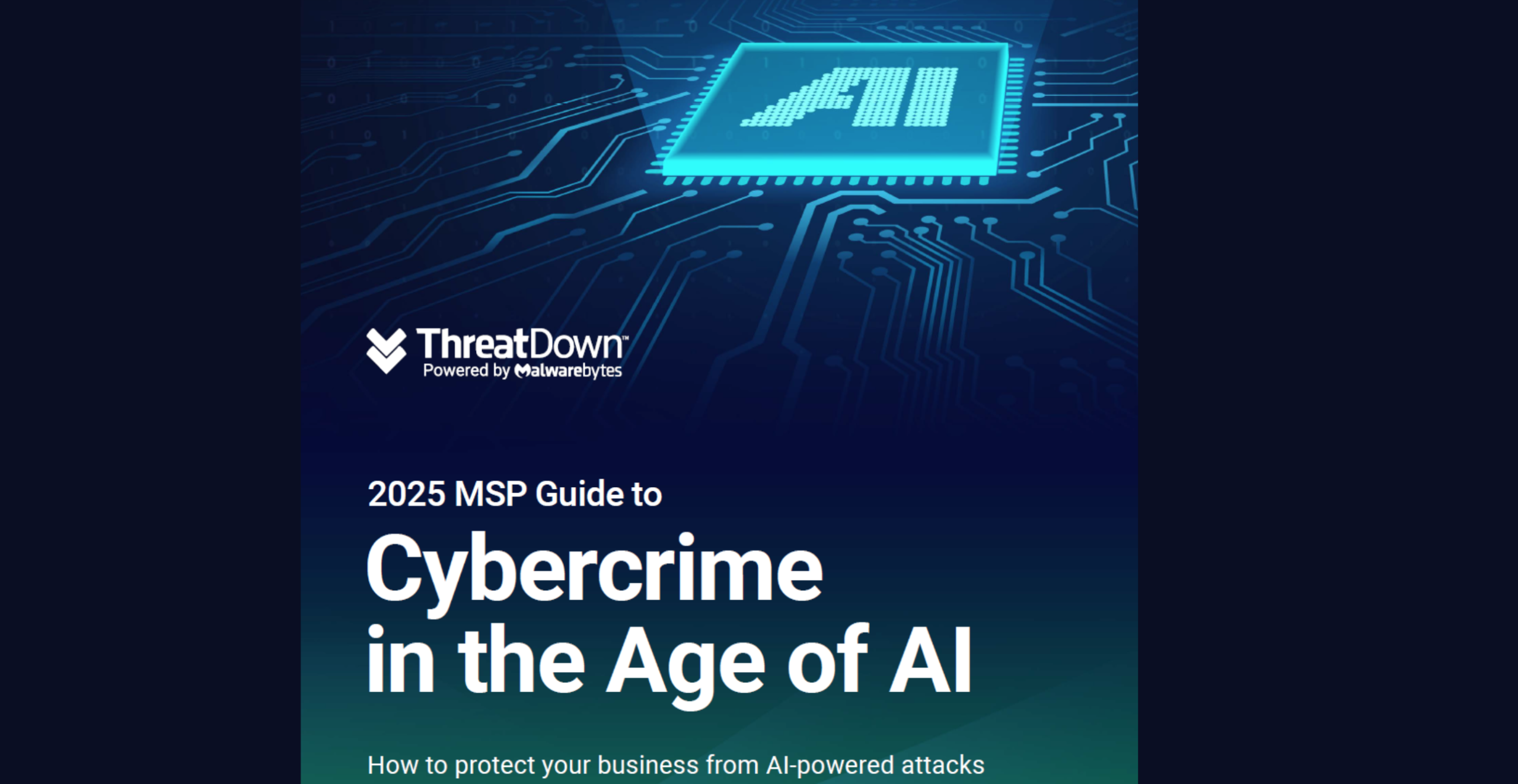Webroot, the Smarter Cybersecurity†company, revealed the†top five riskiest states†when it comes to cybersecurity practices. Issued in conjunction with Ponemon Research, the report details residents’ level of readiness to prevent, detect, and respond to cyberattacks such as ransomware, phishing, and identity theft.
After surveying more than 4,000 individuals in the U.S. about their cybersecurity knowledge and internet safety practices, Webroot found that†Florida†ranks as the riskiest state.†Wyoming†and†Montana†followed closely behind, demonstrating that the lack of cybersecurity education spans the breadth of the U.S. On the other side of the security awareness spectrum, Webroot’s data demonstrated that internet users in†New Hampshire,†Massachusetts, and†Utah†have the safest online habits.
Despite some of the largest data breaches in history occurring in 2017, such as the†Equifax†breach that disclosed the financial information of more than 145.5 million Americans, this new Webroot report illustrates that many U.S. residents still don’t fully†understand the risks they face online.
See How Every State Ranks†in Webroot’s†Riskiest States Report
|
Top 5 Riskiest States: |
Top 5 Safest States: |
|
|
Notable Findings and Analysis:
- Risky Behavior.†Overall, less than one in four Americans (24 percent) regularly monitor bank and credit card statements, block pop-ups, update online account passwords, and take precautions before clicking on an email — all of which are factors that would increase online security. Additionally, only 50 percent of American’s use antivirus or other internet security software on their laptops, desktops, and/or smartphones.
- Password Problems.†72 percent of Floridians reported they share passwords or other access credentials with others. In comparison, over half (53 percent) of survey respondents in†New Hampshire†claimed that they never share passwords with others.
- Battle of the Generations.†With†Florida†leading the pack as the riskiest state, many might assume that age plays a significant role in determining risk. However, 75 percent of respondents 30 and under were found to have a higher level of cyber riskiness than older-aged respondents.†
- Desktops and Laptops.†Respondents who have five or fewer desktops or laptops have a higher level of cyber riskiness (or lower level of cyber hygiene) than respondents with six or more. This demonstrates that more devices does not necessarily equate to more cyber risk.†
Key Quote:
David Dufour, Vice President of Engineering and Cybersecurity, Webroot†
“Regardless of the region, the riskiest states index shows that many people in the U.S. are jeopardizing their safety with inadequate cybersecurity practices. To help fight widespread threats like ransomware and phishing attacks, internet users should run a security solution on their personal devices and make sure that all security and other software applications are up to date.”
Tips to Stay Secure Online
- Practice good judgment.†Be extra vigilant about the websites you visit, the URLs you click, and mobile apps you use. Anything suspicious could be part of phishing schemes, where individuals who click through are led to a false site designed to steal their data.
- Use a password.†Lock mobile devices to ensure data remains secure. Also, use a password manager app to generate and store strong, unique passwords for all of your accounts.
- Skip the public WiFi.†Criminals can compromise your device if you’re using an unsecured network. Opt to use your mobile data or connect to a VPN to secure your session instead.
- Choose your cards wisely.†If a criminal gets your debit card info, your bank may not replace the money they steal. Credit cards may be the safer way to pay, depending on your financial institution.
- Use a reliable antivirus software.†Look for cybersecurity solutions that continuously protect personal information without taking up disk space or otherwise affecting user experience by making devices unavailable during scans.
Additional Resources:











